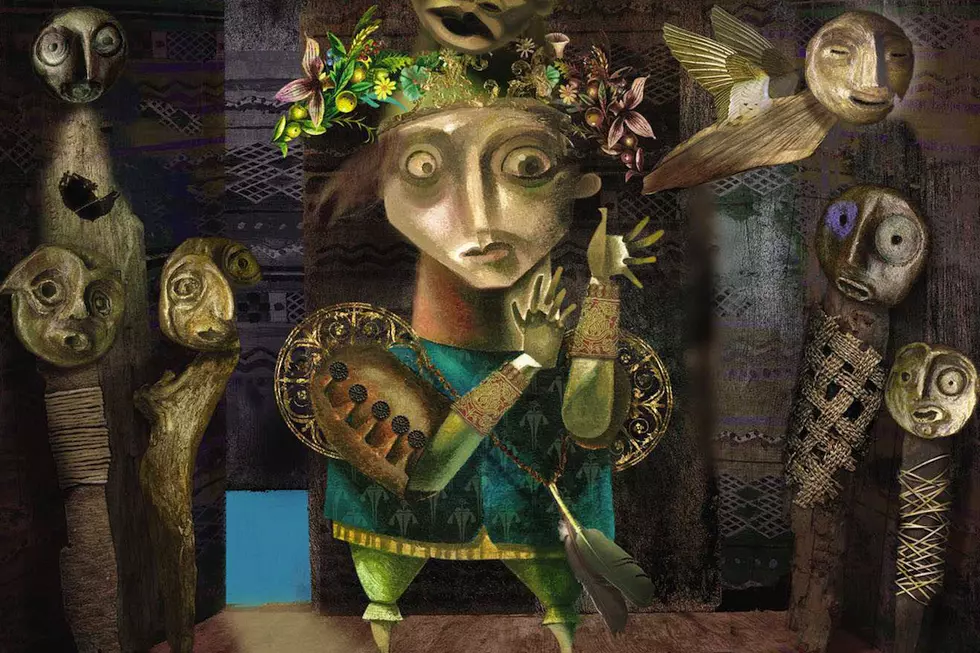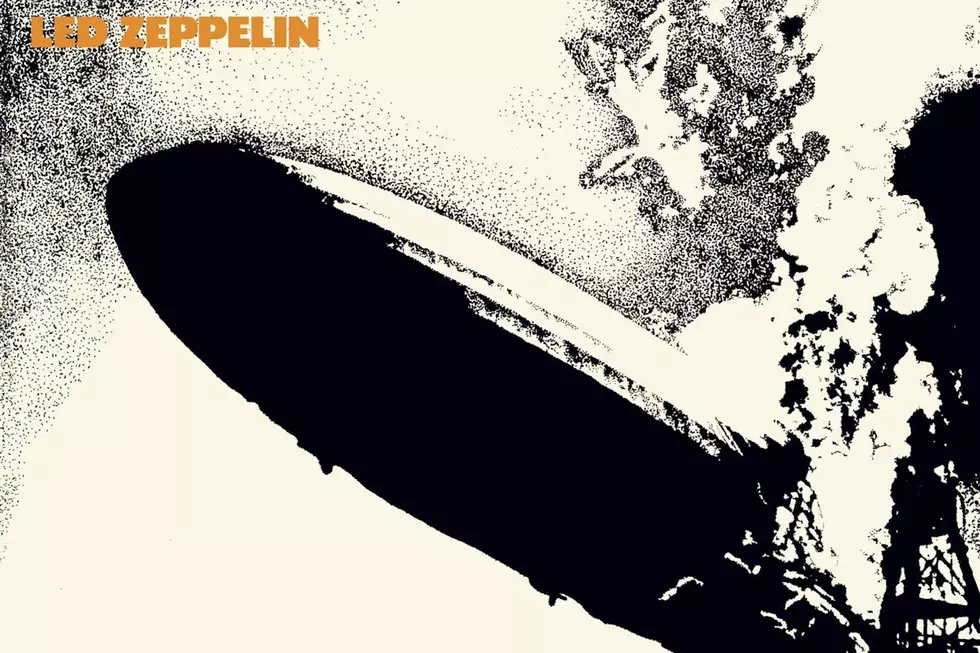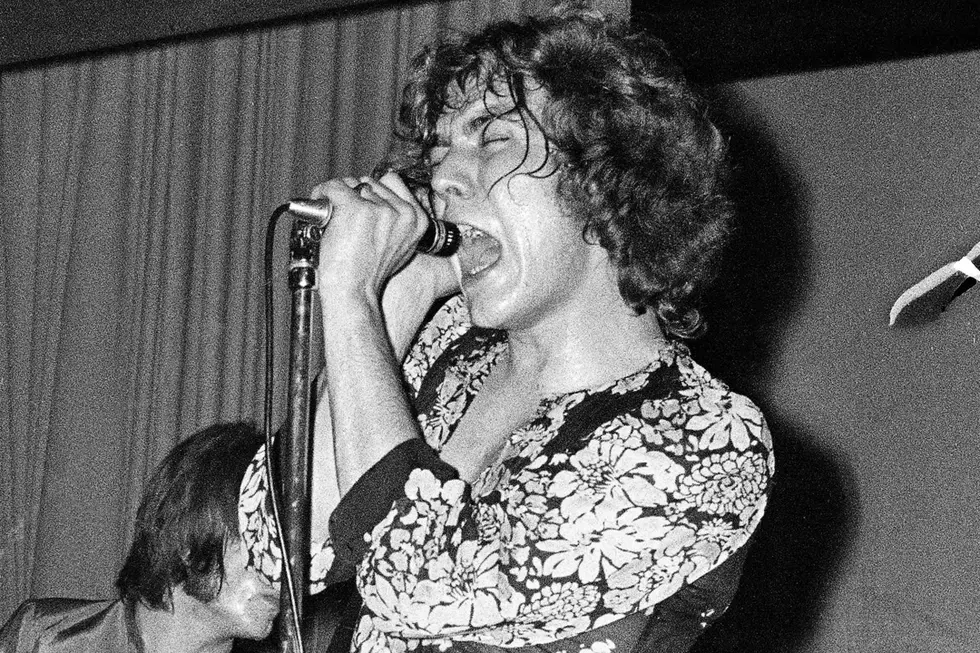
How Robert Plant Made ‘Mighty ReArranger’ With Zep-Like Ambition
Robert Plant returned with new perspective, and new energy on Mighty ReArranger, nearly a decade after his most recent original album. The results boasted all of the gumption of Led Zeppelin, but – and this is the project's enduring strength – never became entangled in his old band's myth.
Working with backing group Strange Sensation, Plant seemed to rejoin a journey left unfinished from back then. As such, some of Mighty ReArranger (originally released on April 25, 2005) recalled similar excursions with Zeppelin. But other parts felt like nothing he'd ever attempted: Robert Plant, it seemed, had come full circle – then struck out once more for a new adventure.
Plant himself, in a contemporary conversation with Canoe, called Mighty ReArranger "this melange of North African music and the Plant side of Led Zep." This sense of coming full circle, of understanding the manner in which time (and, in Plant's case, music) tends to work in a repeating continuum ultimately led him to the album's title. He told Canoe that Mighty ReArranger referred to "fate and the way it moves for you."
There's a good deal more than that going on, though. Mighty ReArranger has a forward-looking attitude — probably to do with Plant’s darkly focused, more agedly cynical lyrics throughout the album — that keeps it from ever devolving into been-there, done-that pastiche. Certainly, none of it felt pre-ordained.
First, there was his joining forces with Strange Sensation, which made their second appearance here after the 2002 covers project Dreamland. Drummer Clive Deamer and bassist John Baggott had previously worked with Portishead, while multi-instrumentalist Justin Adams, who proved adept at creating a Swiss Army knife of sounds, earlier collaborated with Sinead O'Connor. Robert Plant had found musical intellects, at last, to match his own.
Listen to Robert Plant's 'All the Kings Horses'
None of that would have mattered, however, if Plant hadn't steadfastly avoided resting on any laurels at age 56, even as he reconnected with one of the most powerful elements of his legacy.
Plant ended up with a mesmerizing combination of nasty Delta blues and, in some of the most tantalizing moments on Mighty ReArranger, these consumptive drones. A completely rejuvenated vocal approach defined it all, with the occasional scalding harmonica wail as punctuation.
"It's big and strong and powerful," Plant told NPR in 2007. "That's its relationship with Led Zeppelin. That's what my music has become, even more so now with Mighty Rearranger. One part is beckoning you towards the Sahara, while another part is taking you into San Francisco in '67."
At this point, more than 30 years separated Plant from those initial triumphs with Led Zeppelin, and he finally seemed ready to accept the mantle and move forward. His solo career hasn't been the same since. The beauty of Mighty ReArranger was that it didn't shy away from the comparisons and, in so doing, managed to finally (and definitively) shake Plant loose from what came before.
"Physically, today, I think it’s the best place I’ve ever been because we’re all on this adventure together, in which there are no boundaries," Plant told the Cleveland Plain Dealer in 2005. "We don’t have to worry about maintaining success or filling a ballroom. We just play this music."
Robert Plant Albums Ranked
Why Led Zeppelin Won’t Reunite Again
More From Ultimate Classic Rock









